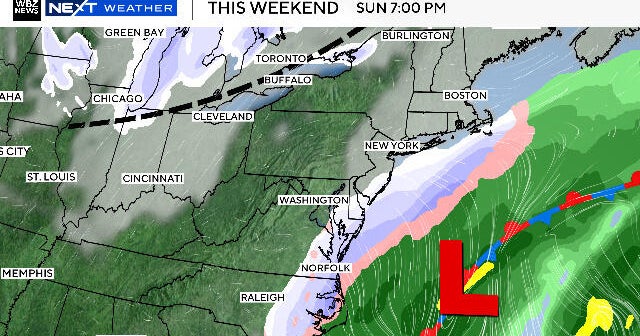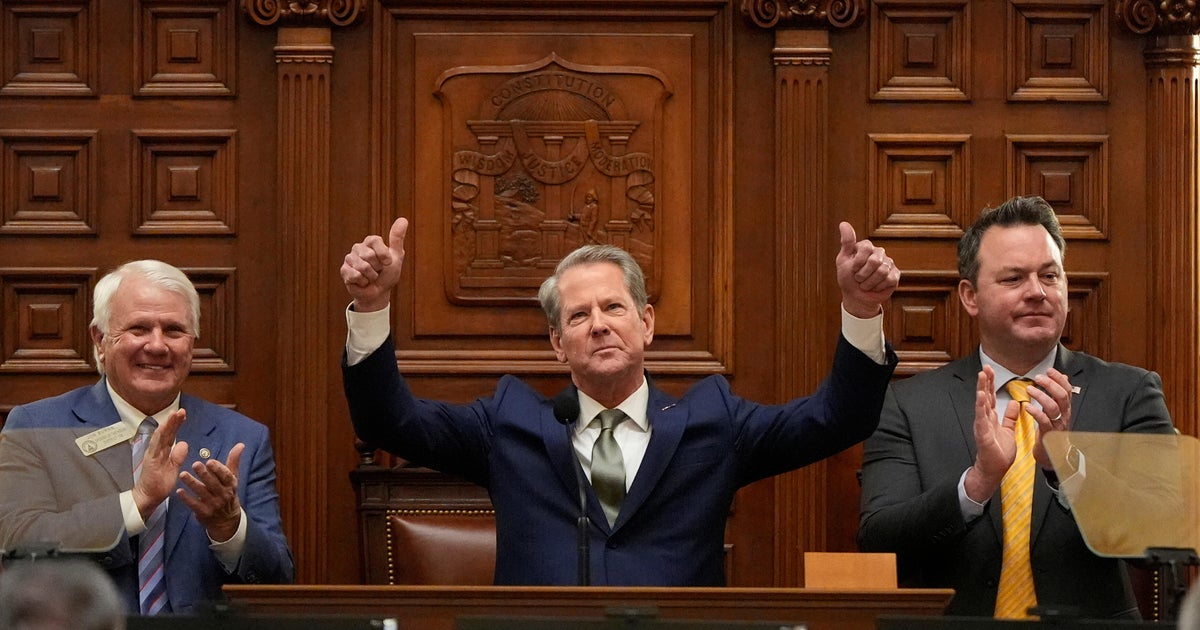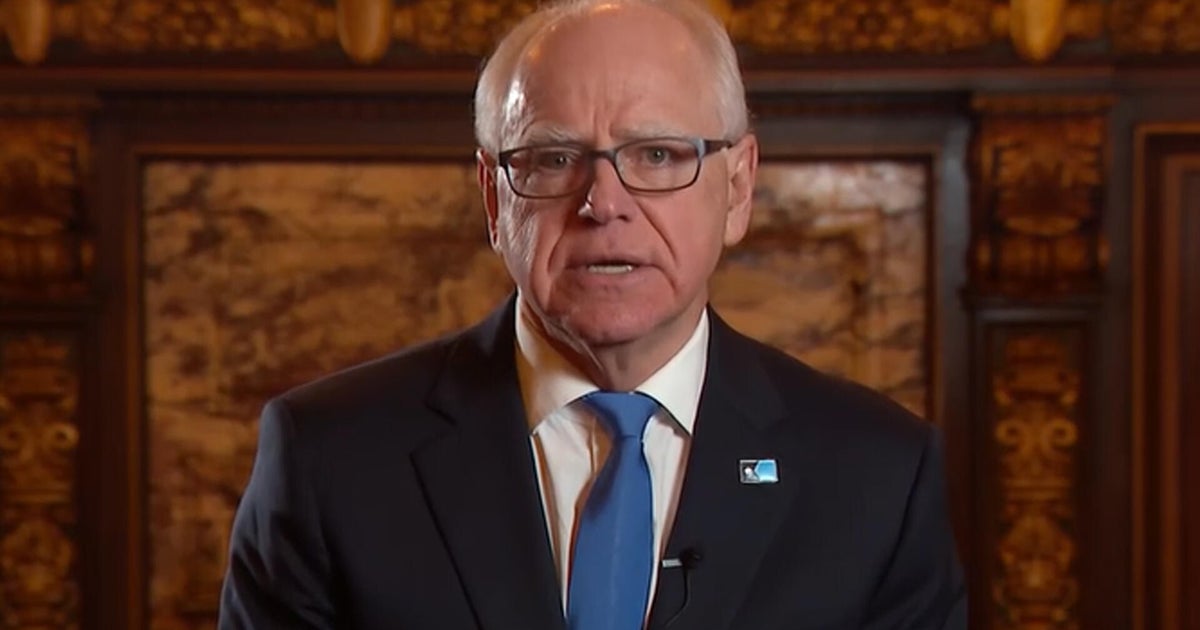How Will Coronavirus Impact Tax Laws? Jon Keller Answers Your Questions
BOSTON (CBS) - As we've been doing periodically during this period of crisis, we put out the call on social media for your questions on current political and policy issues. And you had plenty. Here are three of them, and some answers:
"Does Gov. Baker have a plan in place to keep people who are from high-risk states out as their infection rates go through the roof?" -Dana via Facebook
Yes, sort of. Baker has advised visitors from out of state - with the exception of New York, New Jersey and the other New England states - to "self-quarantine" for 14 days after they get here. But there are no plans to check visitors at the border as we've seen during the pandemic in states including Rhode Island and Florida. It's being done on the honor system, and in this time when honor is not a universal characteristic, we'll have to wait and see how well it works.
"With a stalled economy and the costs of government stimulus programs, how will tax laws need to change in the coming years?" - Phil via Facebook
This is a great question about which there's plenty of learned speculation online. After all, with revenues collapsing and government shoveling trillions into the economy to try to stop the hemorrhaging, we're headed for the worst federal budget deficit since World War II, a projected $11 trillion, more than eight percent of the gross domestic product, a costly, unsustainable situation.
The government has reacted to the economic implosion with a range of temporary tax credits and grace periods for tax payments, and you shouldn't expect new taxes to be seriously discussed until the worst of the crisis is over. But Washington will have to deal with the mushrooming deficit at some point or trigger an array of deficit-fueled economic risks. Presumptive Democratic nominee Joe Biden has vowed to repeal the Trump-era tax cuts for corporations and the rich, but it's estimated that two-thirds of the revenue raised by that move would instantly be eaten up by virus-related spending.
The bottom line: federal, state and local politicians are going to have to get very creative in the next few years to deal with the collapse of their revenue base while simultaneously trying not to kill its regeneration with ill-advised tax hikes.
"What is the number one issue defining the difference between [Democratic US Senate candidates] Ed Markey and Joe Kennedy?" - Kevin on Twitter
Their ages. Markey is 73. Kennedy is 39. That's a 34 year generation gap, dwarfing the gap in the template for a Kennedy victory, then-44-year-old Ayanna Presley's 2018 primary upset of then-66-year-old Mike Capuano.
Markey's campaign is trying to turn his age into a virtue, touting the virtues of experience and his long track record on environmental issues and more. Kennedy's rejoinder - look at the mess we're in on a range of economic and social justice issues, and tell me we don't need some fresh thinking and energy down there.
There are other differences between the two candidates, but this is the biggest and the one most likely to drive voter decisions on September 1.
Hope that helps. Keep your questions coming via Facebook, on Twitter (@kelleratlarge), or via email: keller@wbztv.com.







